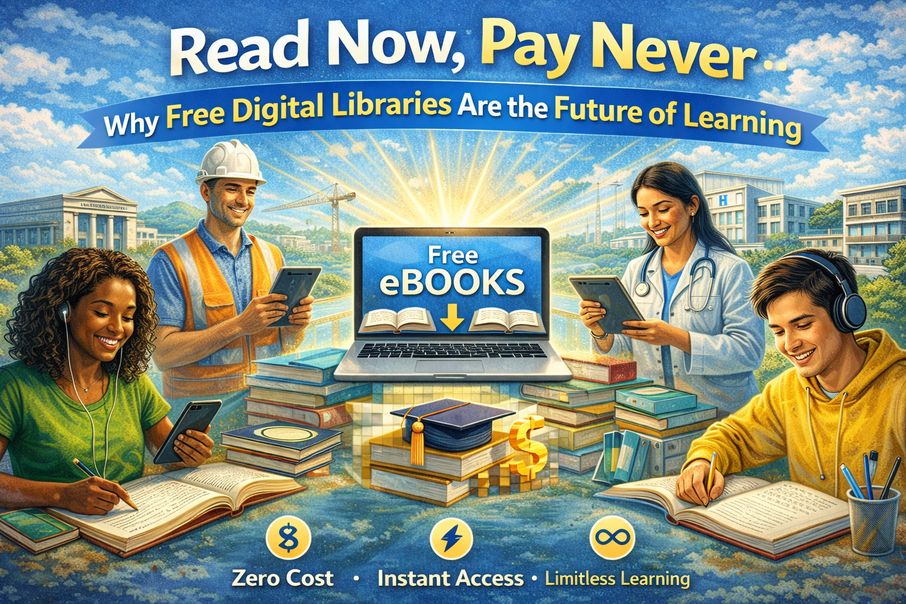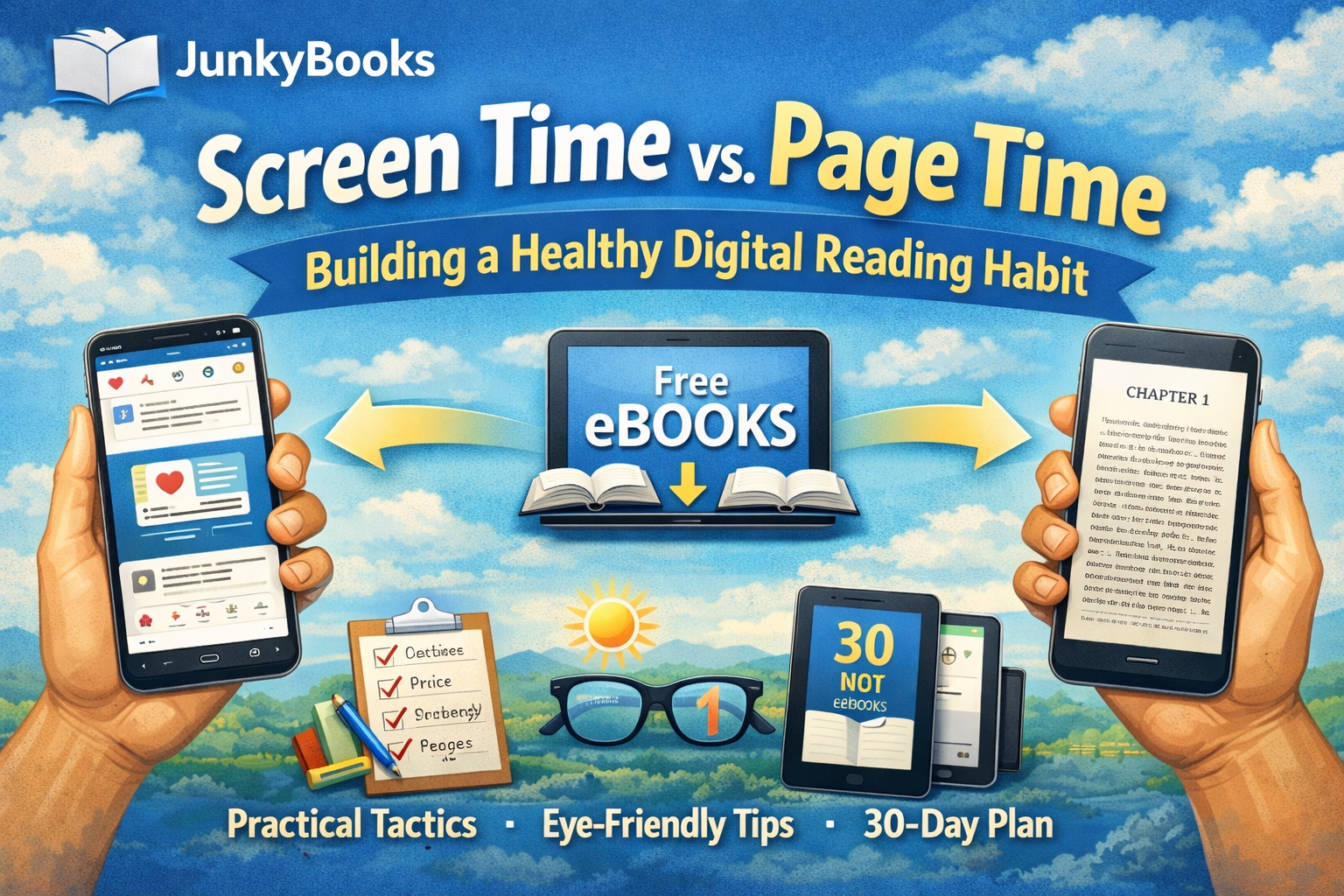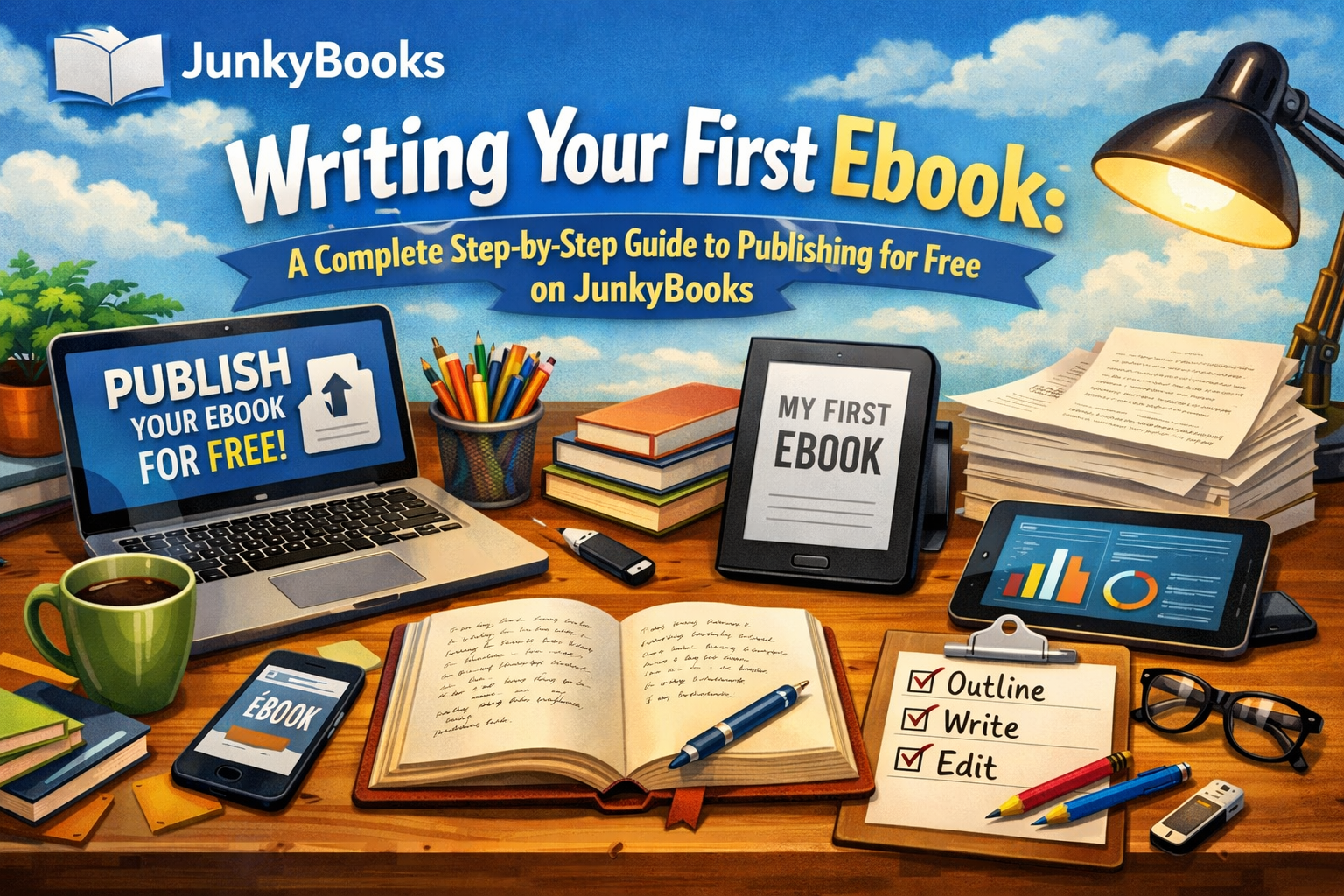Broke Millennial - by Erin Lowry: Book Review
Erin Lowry's "Broke Millennial" is a refreshing, relatable guide that speaks directly to the financial concerns of Millennials. Published in 2017, this book has gained a reputation for its no-nonsense advice and conversational tone, making it a standout in the personal finance genre. Targeting young adults who are starting their financial journeys, Lowry's book covers a wide range of topics, from budgeting and student loans to investing and retirement planning. Here’s an in-depth review of why "Broke Millennial" is an essential read for anyone looking to take control of their finances.
Overview
"Broke Millennial" is structured to be accessible and engaging, with chapters that can be read independently. This format is perfect for readers who may want to dive into specific topics that are most relevant to their current financial situation. Lowry's approach is practical and empathetic, understanding the unique challenges that Millennials face, such as high student debt, job instability, and the pressure of social media.
Key Themes and Concepts
1. Getting Financially Naked
- Lowry begins by encouraging readers to get honest about their financial situation. This means understanding your income, expenses, debt, and financial goals. She emphasizes the importance of transparency and self-awareness as the first step toward financial health.
2. Managing Student Loans
- One of the major pain points for Millennials is student debt. Lowry provides clear, actionable advice on how to navigate student loans, including different repayment plans, refinancing options, and strategies for paying off debt faster.
3. Building a Budget
- Lowry introduces the concept of a "bare-bones budget" to help readers understand their essential expenses. She also provides tips on how to track spending, set financial goals, and create a sustainable budget that allows for both saving and spending on things that matter to you.
4. Credit Scores and Reports
- Understanding credit is crucial for financial health. Lowry breaks down how credit scores work, how to improve them, and how to read and understand credit reports. She also debunks common myths about credit and provides strategies for building and maintaining good credit.
5. Saving and Investing
- Lowry covers the basics of saving and investing, including emergency funds, retirement accounts, and the power of compound interest. She provides a straightforward introduction to investing in the stock market and explains the importance of starting early.
6. Navigating Financial Relationships
- Money can be a tricky topic in relationships, whether with friends, family, or romantic partners. Lowry offers advice on how to handle financial conversations, set boundaries, and navigate financial challenges in relationships.
7. Side Hustles and Increasing Income
- Recognizing that increasing income is a key part of financial stability, Lowry discusses the benefits of side hustles. She provides practical tips on how to find and manage side gigs, as well as how to balance them with full-time work.
Strengths
1. Relatable and Engaging Writing Style
- Lowry’s writing is approachable and filled with humor, making complex financial concepts easy to understand and less intimidating. Her conversational tone helps demystify finance and keeps readers engaged.
2. Actionable Advice
- The book is packed with practical tips and step-by-step guides that readers can implement immediately. Lowry’s advice is realistic and tailored to the financial realities of Millennials, making it highly relevant and useful.
3. Focus on Real-Life Scenarios
- Lowry uses real-life examples and anecdotes to illustrate her points, making the advice feel tangible and relatable. This approach helps readers see how the concepts apply to their own lives.
4. Comprehensive Coverage
- "Broke Millennial" covers a wide range of financial topics, providing a well-rounded introduction to personal finance. Whether you're dealing with debt, looking to invest, or trying to improve your credit, Lowry offers guidance on all fronts.
Weaknesses
1. Primarily U.S.-Focused
- The book’s advice is tailored to the U.S. financial system, which may limit its applicability for international readers. Concepts like credit scores, student loans, and retirement accounts are specific to the U.S. context.
2. Basic Investment Strategies
- While the book provides a solid introduction to investing, it doesn’t delve deeply into more advanced investment strategies. Readers looking for detailed investment advice may need to supplement this book with other resources.
3. Geared Toward Beginners
- "Broke Millennial" is primarily aimed at young adults who are just starting their financial journey. Those with more advanced knowledge or experience in personal finance might find some of the content too basic.
Updated Content for 2024
The 2024 edition of "Broke Millennial" includes several updates to address the evolving financial landscape:
- Post-Pandemic Financial Challenges: Lowry includes new content on how the COVID-19 pandemic has impacted personal finances, offering strategies for coping with job loss, managing debt, and rebuilding savings.
- Technological Advances: The book now covers the rise of fintech apps and tools that can help with budgeting, investing, and managing money. Lowry provides recommendations for the best apps to use.
- ESG Investing: Recognizing the growing interest in sustainable investing, Lowry introduces the basics of Environmental, Social, and Governance (ESG) investing and how to incorporate it into your portfolio.
Conclusion
"Broke Millennial" by Erin Lowry is a must-read for young adults looking to gain control over their finances. Its relatable writing style, practical advice, and comprehensive coverage make it an invaluable resource for anyone starting their financial journey. While it is primarily U.S.-focused and geared toward beginners, the book’s core principles are universally applicable. The 2024 updates ensure that it remains relevant in a rapidly changing financial landscape, making it a highly recommended read for Millennials and anyone else seeking to improve their financial health.







